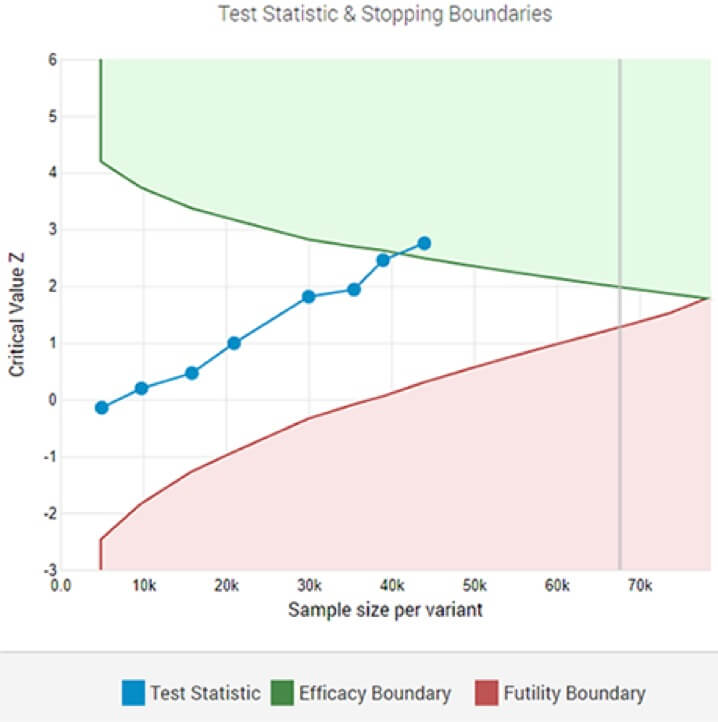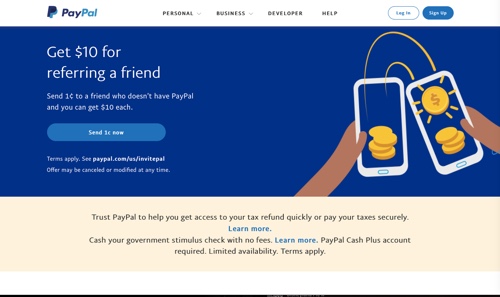First, advertisers should make the necessary adjustments to Facebook’s Pixel to ensure California users are “flagged” properly.
Earlier this month, the California Consumer Privacy Act (CCPA) went into full effect, causing confusion for Facebook advertisers in particular.
“According to Facebook, they are enacting LDU on their side for the month of July to give brands the time to update the code on their website. Once August hits, Facebook will default to the old settings which could cause some brands to be at risk of non-compliance with CCPA. Some other sites like Google are taking on the full burden of enacting the LDU while Facebook is shifting it on the brands.”
What’s Causing Confusion for Facebook Advertisers?
Here’s a brief breakdown of why this month’s CCPA rollout is causing a headache for some Facebook advertisers and some practical advice for what you can do to fix it.
“This update will ensure Facebook is receiving the correct data collection and processing signals for users located in California,” explains Daniel Oliver, Senior Technical Operations Specialist at Tinuiti. “A few weeks back, Facebook emailed brands and agencies to let them know that, in order to be compliant with CCPA, they would need to enable Limited Data Use (LDU) within the Facebook pixel. The main driver of the confusion was the timing, as it came less than two weeks before it would go into effect and the wording around implementation.”
Lucey explains,
The legislation requires advertisers to give California consumers transparency about what data is being collected, which parties that data is being shared with, and the option to “opt-out” of information sharing.
Second, you can break out your campaigns for California to help give you a more accurate window into account-wide performance.
What’s the Solution?
“As it relates to performance, Facebook did caveat that there would be drops in CA performance, specifically as it relates to retargeting and that website custom audience would essentially be negated. However, it’s still too early to say how overall performance will be impacted. Brands should exclude CA from all retargeting campaigns for the time being and focus solely on prospecting to help fuel the funnel across other media channels that don’t necessarily rely on pixels or cookies.
To ensure compliance with CCPA’s rollout on July 1st, Facebook launched a new feature called Limited Data Use (LDU) for all Facebook business accounts and switched this feature on by default in July.
Lucey also advises taking a look at your past data and even using Analytics:
This move gives advertisers time to make changes on their own end to comply with California’s regulation, which requires adjustments to the Facebook Pixel for California targeting.
“You can also use data from the first half of the year in CA to create performance benchmarks to gauge the potential conversions lost by pausing retargeting. Now is a good time to look at Google Analytics for geo-based performance data as well. Once the pixel updates are in place, brands should monitor custom audience population to see when CA can be included again.”
— Katy Lucey, Director of Paid Social at Tinuiti
For more information, you can check out Facebook’s official documentation on Limited Data Use here and how to comply with CCPA here.
“The biggest thing brands can do right now is to ensure their pixel code is updated according to the Facebook specifications and ensuring their site is compliant with CCPA data use opt-ins.”

![How to Reevaluate Profitability When FBA Fees Go Up [Featuring Tinuiti’s Profitability Analysis Tool]](https://research-institute.org/wp-content/uploads/2021/04/what-to-know-before-you-sell-your-small-business-768x432.png)




